Veganism is becoming more popular now, for good reason. People are becoming more conscious of where (and who) their food comes from, the environmental repercussions of a destructive, land, food and water-intensive diet, and the health implications associated with it.
Can A Vegan Diet Cause Acne?
Unfortunately, some of us develop some vegan acne in the process. This can be a worsening of existing acne or an entirely new flare-up.
A whole food vegan diet is a fantastic lifestyle decision to make for many reasons, and you shouldn’t let a little acne stand in your way. In many cases, the skin can be cleared up by tweaking your diet, supplementing, and/or a good daily skincare routine.
Some reasons you might get acne on a vegan diet include low levels of B12, low zinc Levels, eating the wrong foods such as processed vegan snacks, disruption in our microbiome from a diet transition, or relying too much on bread and other refined grains as a main part of a vegan diet.
Here are some of the leading reasons that a shift to a vegan diet may be contributing to or worsening your acne, and what you can do about it.
Too Low or Too High Levels Of B12
B12 is one of the few supplements that are recommended for vegans. The animals we eat are fed fortified foods, and when we eliminate them as a food source, we need to supplement this vitamin. A deficiency can lead to more acne breakouts.
Unfortunately, supplementing with too high of a dosage for your needs (we need very little) could result in an acne breakout.
Some people prefer to use B12 fortified foods regularly, such as soy milk, certain cereals, and nutritional yeast. Although fortified foods appear to be less effective in cases of deficiency, they have a high bioavailability for vegans.
Using fortified foods enables you to limit your B12 intake to your recommended dietary allowance while still keeping vegan acne away.
Low Zinc Levels

Low zinc levels frequently occur in people with acne, whether they’re vegan or not. In fact, in both deficient and non-deficient acne patients, zinc supplementation improved their acne, although the high doses (400-600mg/day) came with nausea, vomiting, and diarrhea.
Because megadosing on zinc is dangerous, it’s important to stick to the recommended daily amount. Even at fairly low doses from increasing zinc in their diet (whole grains, legumes, nuts, seeds, soy), many people report great improvement in their acne.
Removing Dairy Could Cause Hormone Changes
What is dairy doing on this list? I thought dairy was totally bad for acne?! Well, it is, that much hasn’t changed. But dairy is a major source of exogenous hormones in the diet which can measurably affect our health and eliminating it could potentially throw your hormones for quite a loop. If this is the case, and I suspect for many of us it is, all you can really do is ride it out, and skip to the skincare section.
Milk is an inflammatory and can cause cystic, red bumps. Although it may seem overwhelming, milk is the number one product to eliminate from your diet to achieve clearer skin. If you love dairy, there are alternative products that taste just as good! My favorite alternative dairy products are soy yogurt, soy milk, and cashew ice cream. Most major stores now carry plant-based milk, cheeses, and yogurts.
Too Many High Glycemic Foods

Any major diet shift can have us relying on foods we’ve always eaten, but maybe more heavily than before. Sometimes we may not even realize it.
I rely a lot more on bread now than I had before, mostly because I can sometimes be a little bit lazy, and also because I just really love bread.
But high glycemic foods such as white bread, anything made with white flour, cereals (corn flakes, instant oatmeal), white rice or pasta, russet potatoes, pretzels, rice cakes, crackers, melons to name a few examples - can lead to insulin spikes, which can lead to vegan acne.
Reducing consumption of these high glycemic foods may help some people, especially bread lovers like myself.
Change In Gut Bacteria
Another reason we may be dealing with a sudden bout of vegan acne is our gut’s (in)ability to adapt to dietary changes.
Everyone has a different microbiome, which is influenced by many factors, and scientists have known for a long time that the food choices we make can affect the balance of microbes in our digestive tracts.
Choosing between a salad and a hamburger for lunch can increase the populations of some bacteria while diminishing others. As the numbers of these bacteria change, they can secrete different substances, trigger different genes, and absorb different nutrients.
While our gut bacteria digest and absorb nutrients in our food, they also make vitamins that are vital for life (hello B12, we meet again), send signals to our immune systems, and make molecules that help our brains work. Clearly, these microscopic organisms have some serious pull – I guess we are more bacteria than we are “us”.
When we eat a diet lacking variety and fiber, this promotes the growth of only a few types of bacteria, which become the majority in the gut.
This enables the majority of bacteria to exert stronger influences on us, by manufacturing behavior and mood-altering neurochemicals and hormones. It’s possible that these effects can result in things like inflammation or genetic triggers, which could result in acne outbreaks.
Fluctuations in hormones can also alter the composition and diversity of your microbiota, and so we may be adding secondary insult by eliminating hormone-laden dairy products. There have even been some questions as to whether or not gut bacteria actually regulate testosterone. This provides another pathway for gut microbes to affect our skin.
Clearly a drastic change in diet – any change, really – can affect your gut microbiome, and it could take some time for microbial numbers and diversity to grow.
Try consuming dairy-free probiotic yogurts, or a probiotic supplement to help balance out your gut microbiome!
Food Allergies
Food allergies are one of the first things I look at when people develop vegan acne. A sudden change in diet may have us seeking out alternative protein sources – nuts and soy – or an excess of carbs – like wheat – all of which are common allergens.
Maybe you’re discovering your love obsession with strawberries? It doesn’t hurt to look at any big changes you’ve made in your diet to see if allergies may be to blame.
Contrary to the misconception that consuming too much soy is throwing off your hormones, there’s no evidence that this is true. However, if you’re allergic, it can manifest on the skin. If you think this is the culprit, try an elimination diet and get an allergy test done.
And if these dietary tweaks don’t work, you can always move along to your skincare routine.
Skincare Routine
Having a good routine will help keep your skin clear even through big lifestyle and dietary changes.
If acne is a particular concern for you when switching to a vegan diet, you could add salicylic acid or benzoyl peroxide to combat any pesky pimples. If you do suddenly find yourself with vegan acne, don’t panic and push aside your ethics – it may clear up on its own in a few weeks once your body adjusts to your new diet. And if it doesn’t, you still have a lot of other options that could help you find the cause.

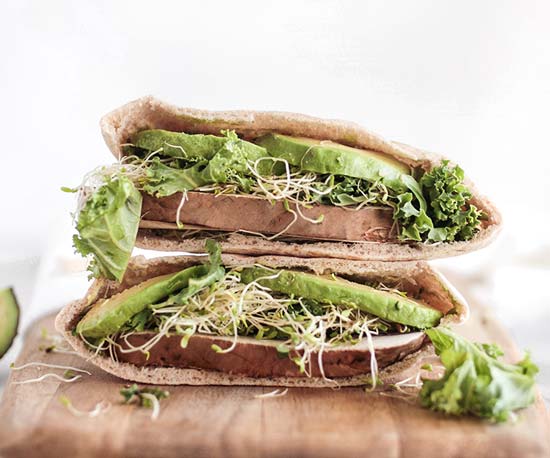
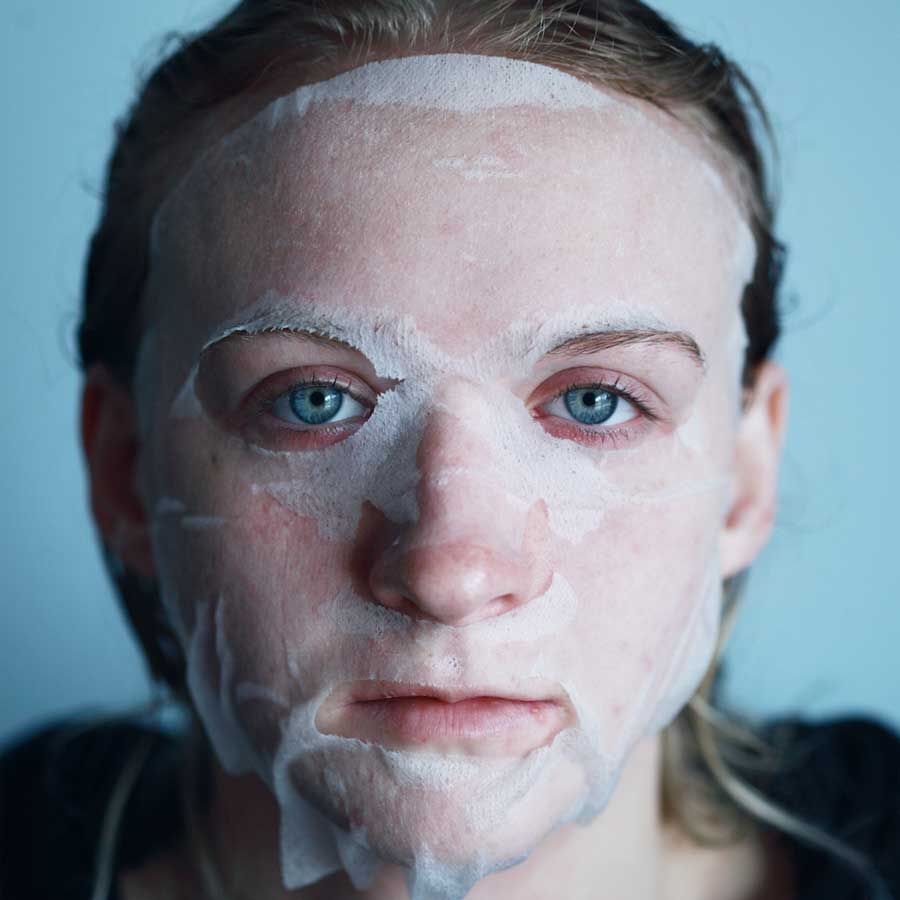
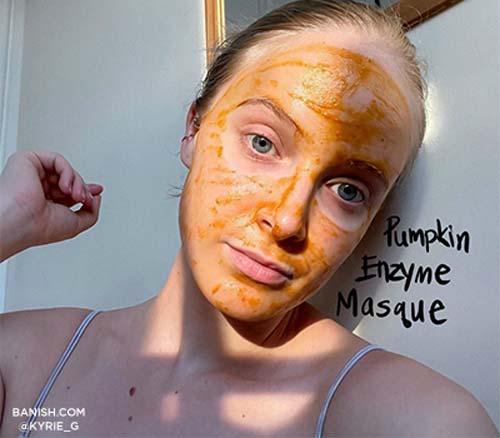










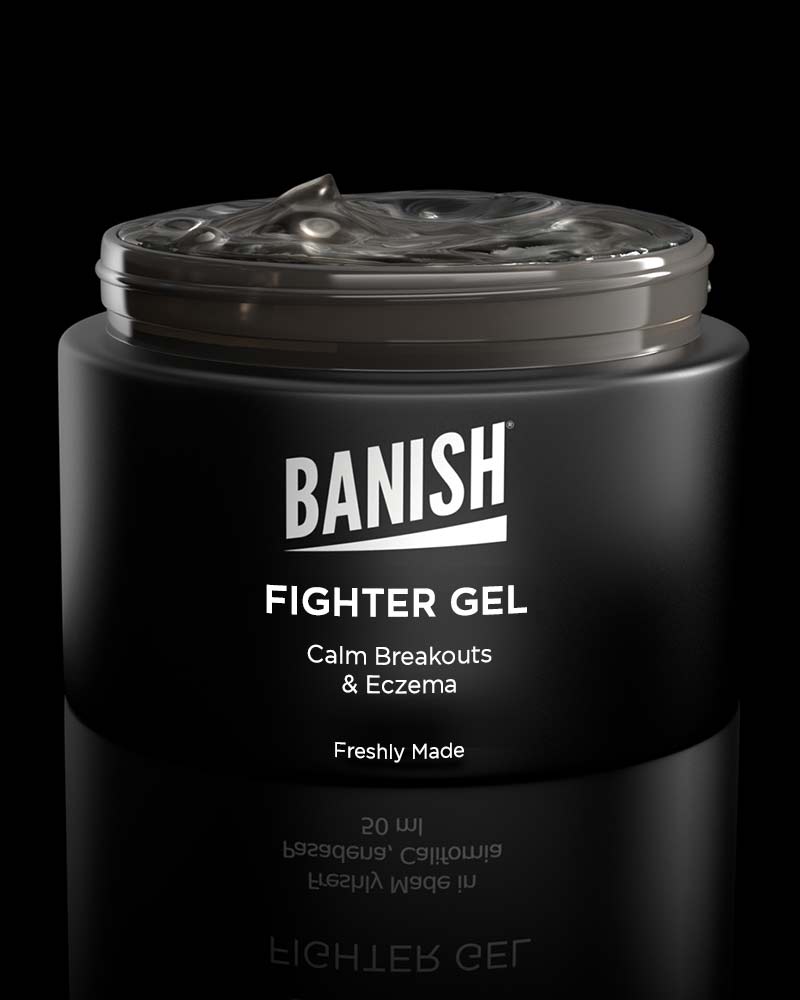
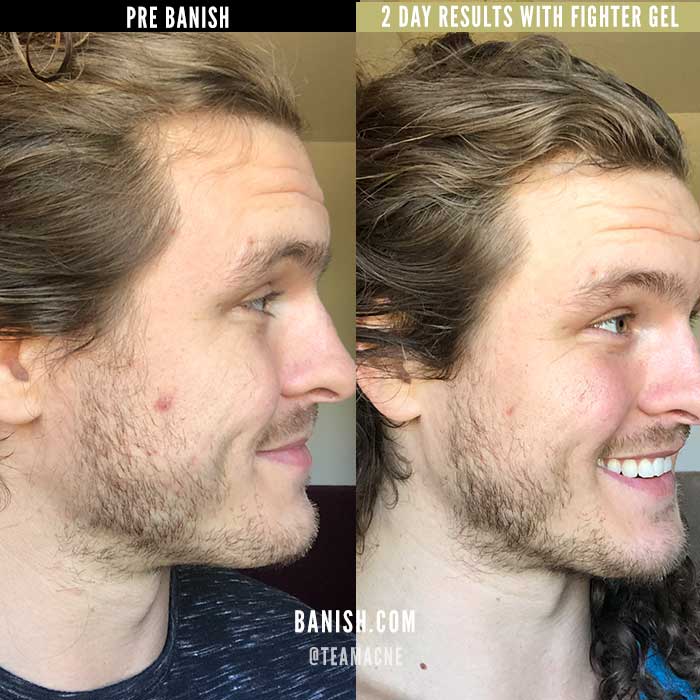










Leave a comment
All comments are moderated before being published.
This site is protected by hCaptcha and the hCaptcha Privacy Policy and Terms of Service apply.